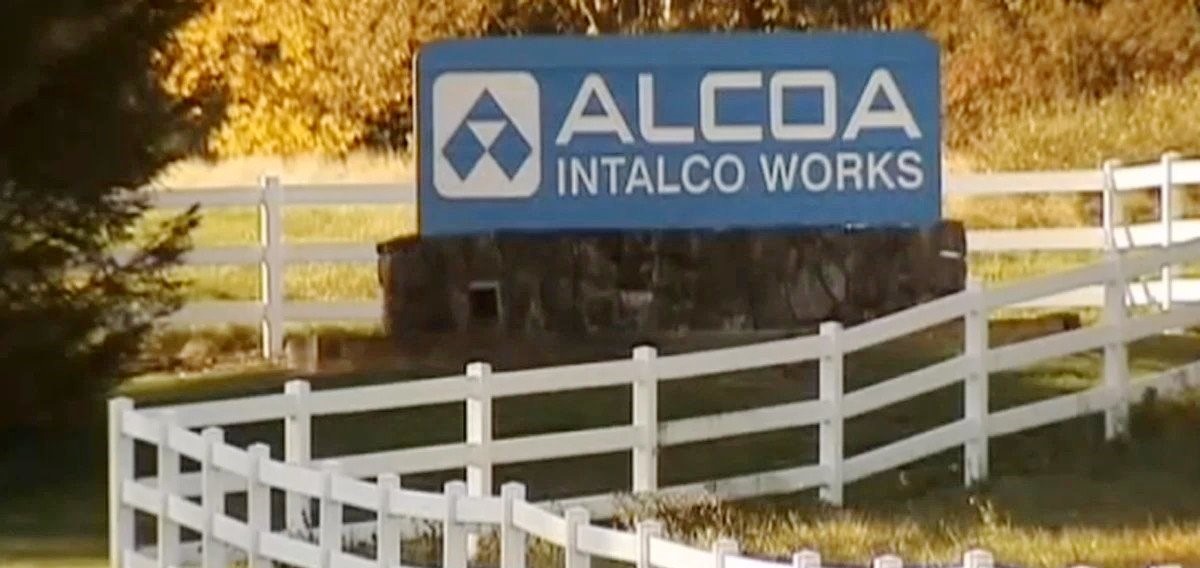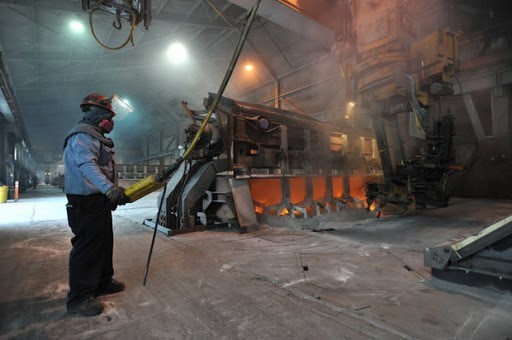A New York private equity group, a union, the state government, and the Bonneville Power Administration (BPA) has been working to reopen Alcoa Intalco Works, the aluminium smelting facility in Ferndale and rehire 700 of its former employees, for more than a year. However, the effort to restart the facility was doomed due to the high cost of electricity. In April 2020, Alcoa announced its Ferndale smelter's suspension in Washington due to declining demand and falling metal prices.

To reduce the revival plant's carbon footprint and support Gov. Jay Inslee's campaign to tackle climate change, the state was asked to contribute $10 million to the project. But they were unable to reach an agreement. The main obstacle was the inability of the BPA and the New York City-based private equity firm Blue Wolf Capital to come to arrangements for the BPA to supply energy to the Ferndale aluminium facility.
According to BPA spokesperson Doug Johnson, Blue Wolf terminated negotiations earlier this month. The main reason negotiations failed was the enormous quantity of power needed for aluminium smelting.
Inslee's office said, "The governor remains committed to the vision of upgrading and reopening the plant as a secure, domestic source of the green aluminum that is critical for our clean energy transition. He stands ready to work with labor and community partners as they continue to seek a solution."

Talks broke down as aluminium smelting needs huge amounts of electricity. When Alcoa held the Ferndale facility, a 1980 law allowed it to purchase electricity at an industrial rate. The same arrangement was sought by Blue Wolf and Intalco, a new operating firm, to acquire the facility from Alcoa while maintaining the site's industrial power-purchase rate. However, legislation passed in 1980 stated that a new owner could not inherit the industrial rate.
The governor's administration is still confident that the project may be saved if new machinery is used to reduce carbon emissions, particularly sulphur dioxide, below the levels at which Alcoa stopped the facility in 2020 due to falling aluminium prices.
The carbon-conscious remedy suggested for the Ferndale facility included upgrading the filtration and scrubbing of the exhaust coming up its smokestacks and converting from fossil fuel-generated energy to power produced by wind, solar, and hydropower. In the end, the Ferndale facility would have required around $250 million in upgrades and maintenance and 400 megawatts of power annually to run.
"By Congressional statute, BPA must first and foremost serve the needs of Northwest non-profit public utilities at cost. To the degree BPA has surpluses, it can make excess supplies available to others in the wholesale marketplace. As our Western power grid becomes tighter on available supplies given heightened demands and new climate mandates, BPA must be certain it can supply public power first, as Congress intended," said Steve Simms, CEO of the Portland-based Public Power Council.
According to Intalco CEO Mike Tanchuk, the company plans to negotiate a "bridge contract" for a few years to receive electricity from conventional sources before converting to renewable energy sources like solar and wind. After the BPA negotiations on Thursday came to a close, he was unavailable for comment.
Responses

